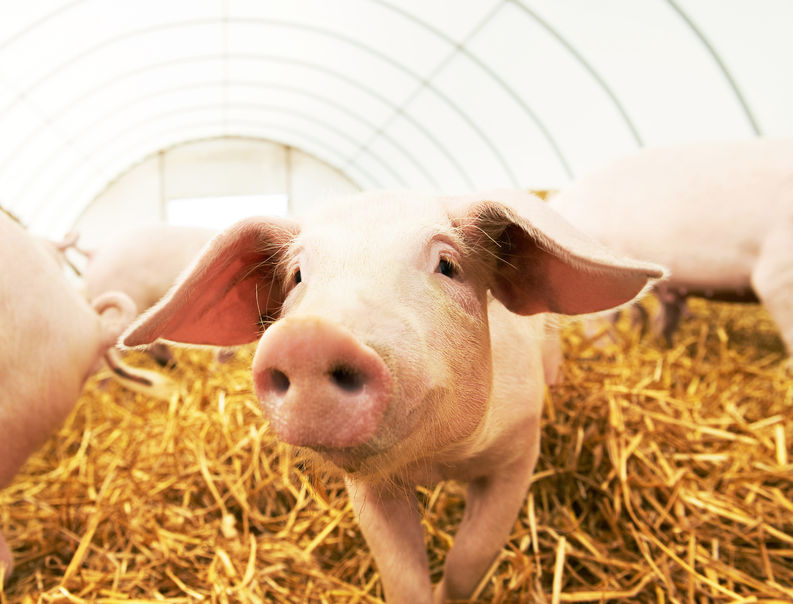
The National Pig Association (NPA) is using its General Election manifesto to call for a 'fair and balanced' deal for British pig farmers from the next Government.
The association, which represents about 80% of British pig production, has identified five priority areas for the main political parties in its 2017 General Election Manifesto, ahead of the June 8 poll.
The NPA wants trade arrangements that recognise the UK's 'world-leading standards' and enable the UK pig industry to thrive in the global marketplace. The UK must not agree to deals that open the country up to unfair competition, the manifesto states.
The association wants a balanced immigration policy that ensures the UK retains access to EU labour. The UK needs to secure a workforce and staff that are welcome to live in the UK.
The manifesto supports a domestic agricultural policy which supports high standards and helps the pig industry to invest in modern production facilities that deliver good animal health and welfare.
The NPA support a fair regulatory system that ensures needs as a valuable sector producing a high quality' product are fairly balanced alongside other interests.
The same resource and effort must be put into keeping animal disease out as extending export markets, as ultimately the two are intrinsically linked, the NPA said.
When it comes to post-Brexit trade, the NPA is highlighting the importance to the pig sector of maintaining tariff free access to the Single Market but also of ensuring that, if EU tariffs are imposed, that EU imports coming the other way are subject to equivalent tariffs.
Global welfare standards
The association has also issued a warning about the potential implications for animal health and welfare of new free trade deals outside the EU.
It recently published details of research it has carried out comparing animal welfare standards across key pig producing countries.
For example, while sow stalls have been outlawed in the UK since 1999 and are now partially banned across the rest of the EU, they are still legal in the US, Canada and Brazil. These three countries also have very different attitudes when it comes to antibiotic use, while the feed additive, Ractopamine, banned in the EU, is still approved in all three.
The UK is also unique among major pig producing countries, including its EU competitors, in its variety of production methods, including outdoor breeding and indoor straw-based systems.
NPA chief executive Zoe Davies said: “The British pig industry has absolutely no intention of lowering our welfare standards as a result of any post-Brexit trade deals.
“Our manifesto is all about delivering a fair and balanced deal for our members and that includes ensuring British pig producers are not undercut by imports of pork from countries produced to lower welfare standards. We must insist on equivalent standards for imports and, if necessary, designate pork as a ‘sensitive product during free trade negotiations.
“We are also sending out a clear message to the next Government about the need to maintain easy access to EU labour, particularly permanent, so-called ‘un-skilled’ labour that our farms and the allied industries are so dependent on.”
Other farming manifestos
The Labour party have launched their manifesto. The manifesto pledges an end to the badger cull, a ban on neonicotinoids and the promotion of ‘cruelty free farming’.
In the Conservative manifesto, they pledge to bring 'sustainable growth' to farming communities, create a new agri-environment scheme and introduce mandatory CCTV in slaughterhouses.
The Liberal Democrats unveiled their manifesto saying that UK farming will be in 'huge danger' of leaving EU. They propose a second referendum.
Welsh political party Plaid Cymru has also released their manifesto, calling for a Brexit deal which best represents Welsh agriculture.
Numerous rural organisations have released their own manifestos, including the NFU, NFU Cymru, NFU Scotland, the CLA, the Soil Association, the Tenant Farmers' Association, the Campaign to Protect Rural England, the British Veterinary Association, the Farmers' Union of Wales, the Ulster Farmers' Union, the Agricultural Industries Confederation and the Countryside Alliance.
